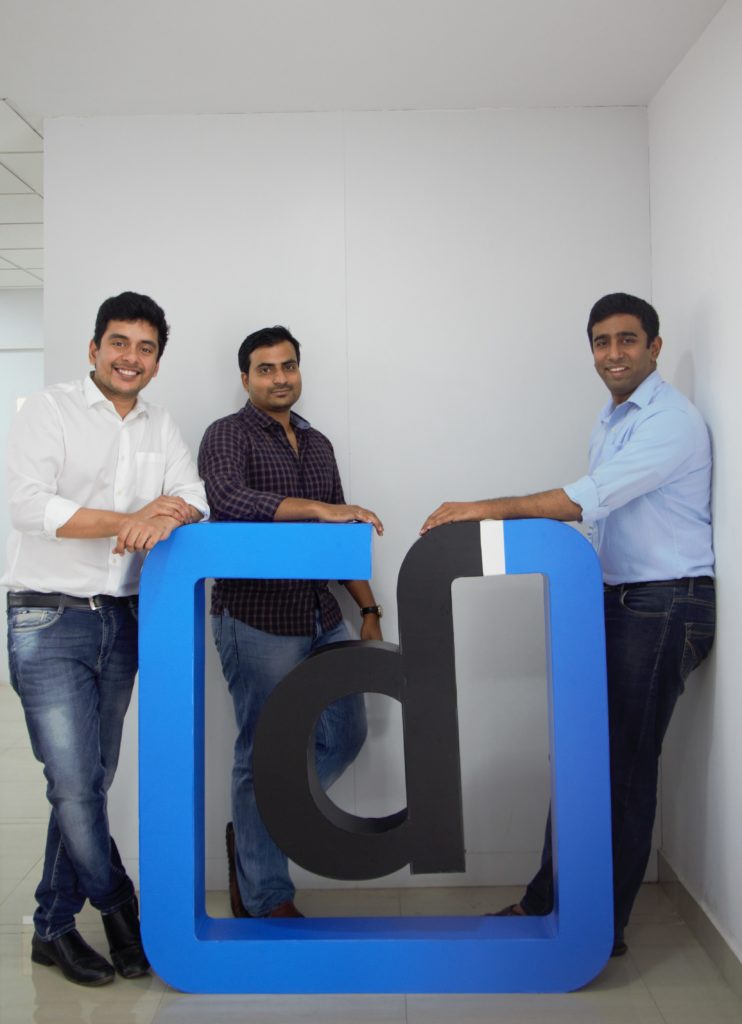India is the fastest, and arguably the 3rd largest startup ecosystem in the world. So no wonder we come across news with respect to startups on a daily basis. However, one will notice that widely popular startups are in the consumer space or in business parlance, the B2C (business to consumer) sector. This is mainly because the concept of such startups has a virality attached to it. Consumer startups often manage to reach the mass of audience through media as well as word of mouth. Also, probably because of the easy ideation and marketability, the aspiring entrepreneurs choose to explore the B2C space more than its counterpart, the enterprise sector.
Unlike the consumer startups, enterprise startups demand functional expertise to start with and a substantial salesforce/distribution model to compete with the giants that exist in the space. But, that doesn’t make enterprise startups any less lucrative. In fact, on the contrary, enterprise startups have rock-solid financials that are sustainable. Yet, we notice very few of them, because, by virtue of being B2B (business to business – enterprise startups), they are more often in meeting rooms than media and genuinely India has seen only a handful of successful enterprise startups to lead by example.
So, should an aspiring entrepreneur take the path of establishing an enterprise startup?
Irrespective of the sophistication involved, the well-laid foundation in the initial stage paves way for the reliability, hence increases the lifespan and rate of return of enterprise startups. In fact, the solutions offered to enterprises today are predominantly archaic in nature because of which they are seeking innovation through startups and entry-level players. Also, with recent technology trends and services such as SaaS, Cloud computing etc., enterprise startups can aim to build world-class solutions.
Are there any success stories of enterprise startups?
As mentioned before there have only been a few B2B startup stories from India like the Zoho and Freshworks but they cater to the small-medium businesses more than enterprises. So here we wanted to share the journey of one startup from India that caters to large enterprises.
Darwinbox – Modern End-to-End HR Technology Platform
Darwinbox is an Integrated HR Tech company founded by IIM/IIT/XLRI alumnus with work experiences across McKinsey, Google, EY etc. The trio has started Darwinbox in October 2015 and launched their cloud-based HR technology platform in 6 months hence.

Just like the contrast that has been discussed between consumer and enterprise startups, their journey started from questioning the disparity of user-experience in enterprise vs consumer space. The products a working professional uses for personal needs (e.g Uber, Facebook) and business needs at work are at complete dissonance. They have challenged why enterprise tools are lagging far behind today’s consumer apps in quality of technology, usability and scalability. That’s how the team set out to build an end-to-end HR platform for enterprises that will be simple and easy to use.
Their cloud HR platform takes care of all HR needs across the employee lifecycle – Recruitment, Core transactions (Leaves, Attendance, Directory), Payroll, Employee Movement, Employee Engagement, Talent Management and People Analytics. Within 2 years of starting up, Darwinbox has onboarded 50+ enterprise clients with 150,000+ employees from marquee clients like Paytm, Nivea, Swiggy, Delhivery, Ekart, Hetero etc.
Today the company is backed by leading investors like Lightspeed India Partners (whose popular investments include OYO Rooms and Byjus in India). Darwinbox is one of the first and significant enterprise investments from Lightspeed in India. Another point to prove the winds are changing in favor of enterprise tech startups. Other investors in the company are Endiya Partners, 3One4Capital (Mr. Mohandas Pai, Ex-CFO & CHRO, Infosys), Startup Xseed and Tracxn Labs.
Hoping to see more such successful enterprise startups in the future.




